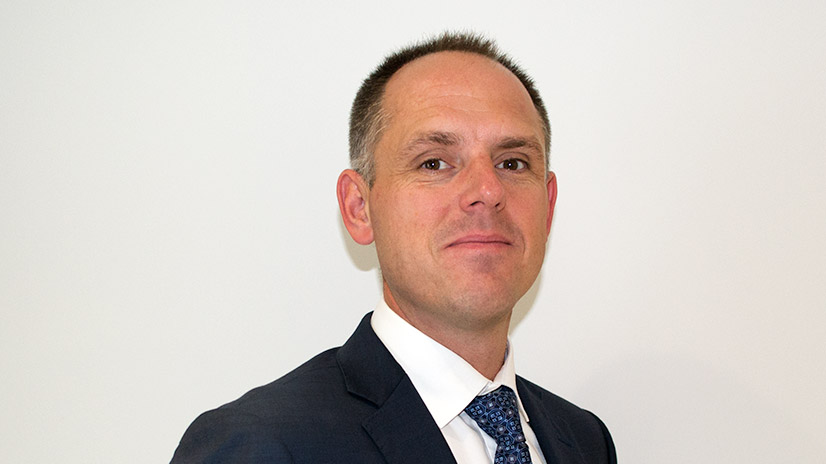 The last year has been something of a whirlwind for Kingsley Hollis. Since joining Healthcode as Head of Business Development (ePractice), Kingsley has been out and about meeting practices and other stakeholders to discover how Healthcode’s expertise can make a difference to their businesses.
The last year has been something of a whirlwind for Kingsley Hollis. Since joining Healthcode as Head of Business Development (ePractice), Kingsley has been out and about meeting practices and other stakeholders to discover how Healthcode’s expertise can make a difference to their businesses.
With more than 24 years’ in the private healthcare sector, he has seen practice technology evolve from typewriters to mobile apps. But while the pace of technological change is picking up, Kingsley says his priority - and that of Healthcode - will always be the needs of independent practices.
He talks about his first year at Healthcode and explains his team’s role in supporting specialists as they establish and grow their businesses.
What challenges have you faced in your first year?
After so many years with my previous company, it took a while to learn everything about ePractice and how all of Healthcode’s related systems work but there is life left in the old dog still!
And while technology has moved on, Healthcode’s approach is focused on customer service and development of the products which suits me down to the ground.
How do you see the role of business development within Healthcode?
Fundamentally it’s about forging long-term business relationships with our clients. The last thing I want is to put a practice management system in place and then just leave the practice to it. I want to be their go-to person for anything private practice related and assist throughout their career. And even if I can’t help, I have been doing this long enough that I’ll generally know someone that can!
What is the most satisfying aspect of the job?
I meet a lot of specialists who are just starting out in private practice and are very nervous about it. Seeing their practice grow and succeed is very satisfying. I have got to know many of my clients over the years I have been working in this sector and I’m proud that they will advise fellow practitioners to talk to me because they know I will usually be able to help.
Can you describe a typical day?
Is there such a thing? My role at Healthcode offers plenty of variety so I might be out and about seeing hospitals, specialists or potential affiliate companies. I enjoy meeting people face to face but I do try to spend a couple of days in the office each week to catch up on projects or discuss enhancements to ePractice with the product development team.
To what extent can you influence the development of new features for ePractice?
As a company, Healthcode are constantly looking at innovations to help consultants streamline their operations. My team has an important role because our development roadmap is informed by client feedback on what works the best. Then we have a brilliant technical team who can discuss and scope an idea and make it a reality.
There is so much potential to grow an independent practice with the help of new technology, but we need to ensure advances are communicated in an understandable and digestible way for consultants to see the benefits. Consultants have little time, so they must see the benefit instantly in order to feel it is worthwhile.
How has independent practice changed over the years you have been working in the sector and how do you see the future?
The use of technology is the most obvious change: when I started to work in this sector, we used to have to wrestle typewriters from practice secretaries because they weren’t comfortable with the transition to computers. Another big difference is that specialists usually practised from one location whereas these days they might travel between a number of different sites for appointments and to oversee their clinics.
At the moment it feels like there is a definite change in the air for independent practices. Online technology and increasing data processing power have enabled greater collaboration and transparency. For example, online booking should become the norm if done correctly and collaboratively with an industry standard based solution. We may even get to the point where there is a central industry database that allows patients to see all the information held about them by insurance companies, hospital and specialists.
It’s an exciting time to be working in the private health sector and consultants that are willing to embrace technological advances should be on the fast track to growth. It’s great to be working for a company with the expertise and practical experience to support independent practices and help them succeed.
